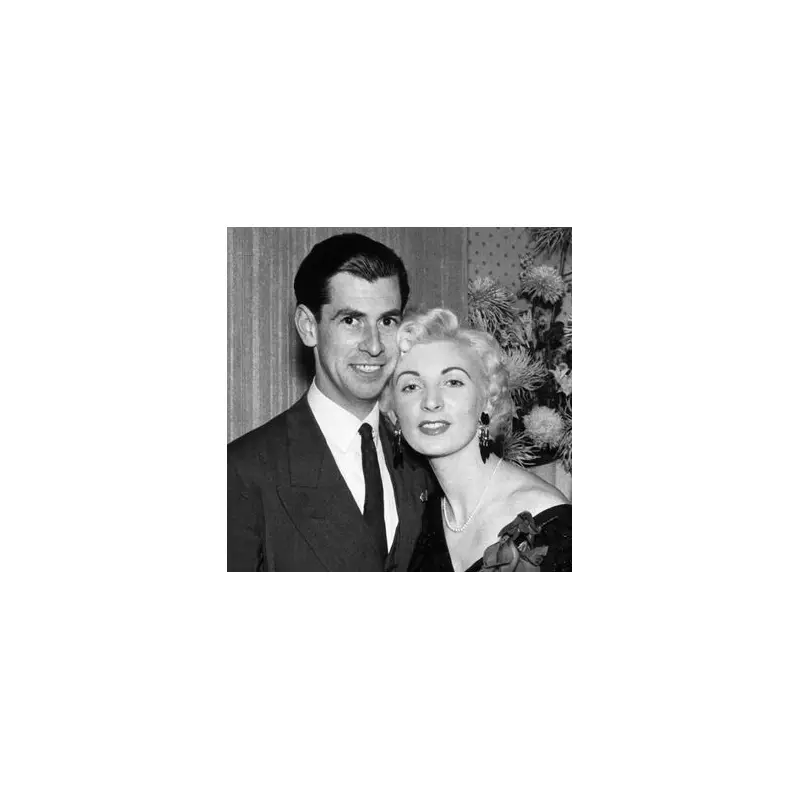
Behind the sensational headlines that surrounded Britain's last female execution lies a devastating family history only now coming to light. Ruth Ellis, whose name became synonymous with one of the 20th century's most notorious crimes, was the product of a lineage marred by unimaginable misfortune.
A Childhood Shattered by Violence
Long before Ruth Ellis faced the gallows at Holloway Prison in 1955, her life was shaped by domestic brutality. Her father, Arthur Hornby, subjected the family to relentless physical abuse, creating a toxic environment that would haunt Ruth throughout her life. The trauma of witnessing and experiencing violence from childhood undoubtedly cast a long shadow over her future relationships.
The Sister's Secret Anguish
Muriel Jakubowski, Ruth's younger sister, carried her own burdens in silence. Recently uncovered documents reveal Muriel endured the shame of an illegitimate birth, a social stigma that carried significant weight in mid-20th century Britain. This secret added another layer of complexity to the family's troubled dynamic.
A Mother's Unspeakable Loss
Perhaps most heartbreaking of all was the fate of Ruth's mother, Elisaberta Hornby. The records confirm she experienced every parent's worst nightmare—the loss of a child. This profound grief, combined with an abusive marriage, created a household where happiness was a rare commodity.
The Final Act of Desperation
When Ruth Ellis shot her abusive lover David Blakely outside a London pub, the public saw only a cold-blooded murderer. But these new revelations paint a more nuanced picture of a woman whose entire life had been a series of traumatic events. Her fatal actions, while inexcusable, emerge from a context of intergenerational suffering.
A Legacy That Changed Britain
Ruth Ellis's execution on July 13, 1955, became a catalyst for the abolition of capital punishment in the UK. The controversy surrounding her case forced the nation to confront the morality of state-sanctioned killing, particularly when the condemned came from backgrounds of severe abuse.
These newly discovered documents don't excuse Ruth Ellis's crime, but they provide crucial context about the cycles of violence that can trap families for generations. They remind us that behind every headline-grabbing crime lies a human story far more complex than the courtroom narratives suggest.





